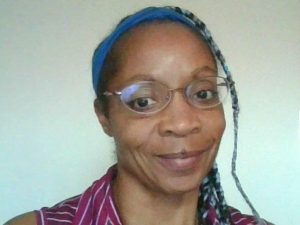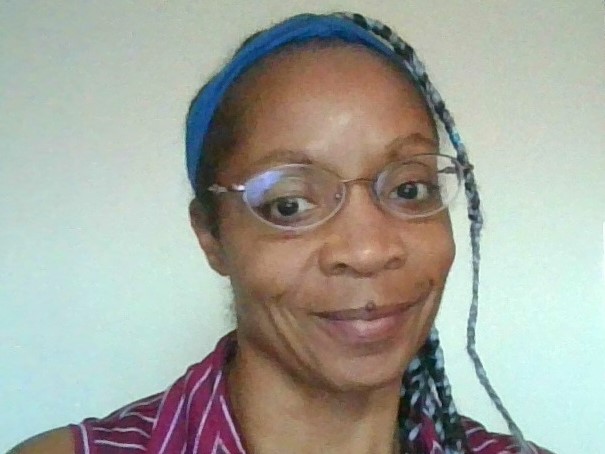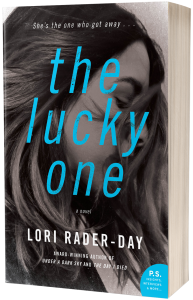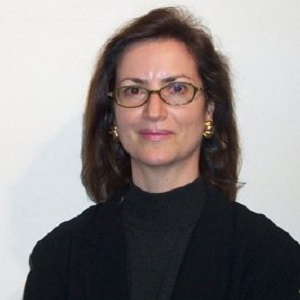 Allison Joseph directs the MFA Program in Creative Writing at Southern Illinois University. She is the author of many books and chapbooks of poetry, including Lexicon (Red Hen Press), Professional Happiness (Backbone Press), The Last Human Heart (Diode Editions), and Smart Pretender (Finishing Line Press). Her latest full-length book of poetry, Confessions of a Barefaced Woman, was published by Red Hen Press in 2018. It was chosen as the Gold/First Place Winner in the poetry category of the 2019 Feathered Quill Book Awards. She is the widow of the late poet and editor Jon Tribble, to whom Professional Happiness is dedicated.
Allison Joseph directs the MFA Program in Creative Writing at Southern Illinois University. She is the author of many books and chapbooks of poetry, including Lexicon (Red Hen Press), Professional Happiness (Backbone Press), The Last Human Heart (Diode Editions), and Smart Pretender (Finishing Line Press). Her latest full-length book of poetry, Confessions of a Barefaced Woman, was published by Red Hen Press in 2018. It was chosen as the Gold/First Place Winner in the poetry category of the 2019 Feathered Quill Book Awards. She is the widow of the late poet and editor Jon Tribble, to whom Professional Happiness is dedicated.
Born in London, England to parents of Caribbean heritage, Allison Joseph grew up in Toronto, Canada, and the Bronx, New York. A graduate of Kenyon College and Indiana University, she serves as poetry editor of Crab Orchard Review, the publisher of No Chair Press, and the director of Writers In Common, a writing conference for writers of all ages and experience levels. In 2014, she was awarded a Doctor of Letters honorary degree from her undergraduate alma mater, Kenyon College.
MWW board member and publicity chair, Leah Lederman, has interviewed the faculty for MWW21. Today, meet post Allison Joseph who discusses her writing and what she will present at our virtual summer conference.
Allison’s MWW21 sessions:
- “Beginnings and Endings: How Poets Can Sing At Both/Poetry as Meditative Practice”
- Panel: “To Agent or Not to Agent” — Angela Jackson-Brown, Pam Mandel, Dirk Manning, Allison Joseph
MWW: What are your favorite literary journals?
AJ: Crab Orchard Review, of course—the magazine I helped to found with Jon Tribble, my beloved late husband. It’s been hard coming back from his death, but we are reading submissions again and looking forward to publishing new issues. Other than Crab Orchard, I have always been a fan of Ploughshares, the Southern Indiana Review, New Letters, and the Kenyon Review (Kenyon is my undergraduate alma mater).
MWW: What do you love most about poetry, and what do you find that it does a better job of doing than other modes of writing? Conversely, what things frustrate you about poetry?
AJ: I love that poetry can be handed down through the centuries—that it is supposed to survive the poet. I can pick up, as I did today, a book by Russian poet Osip Mandelstam and find truths in his work that apply to my life now. What’s frustrating about poetry isn’t poetry itself but rather people’s attitudes toward it—indifference, or, sometimes, outright hatred. I can only guess that for some people poetry was something they dreaded in school. For me, it was something I adored whenever I had a chance to study it as a child.
MWW: In Writing Down the Bones, Natalie Goldberg tells us “Forget yourself. Disappear into everything you look at—a street, a glass of water, a cornfield. Everything you feel, become totally that feeling, burn all of yourself with it.” Can you talk about a time you found yourself losing yourself in what you’re writing about? Is that a recommendable path, or do you prefer a certain sense of objectivity?
AJ: That has happened to me fairly recently, because I’ve been writing a lot of poems about loss and grief. The experience of turning grief into poetry, line by line and image by image, is an absorbing one. It’s a path that unfortunately happened to me. I’d much rather not be writing elegies. But elegies do take all your energy and do demand a lot of the poet, even as they provide catharsis.
MWW: What are your favorite takeaways from the sessions you’ll be teaching?
AJ: I’m of the mind that all writing has a bit of poetry in it. What can writers learn from poetry even if they don’t consider themselves poets?
The elements of poetry are the elements of good writing—rhythm, pacing, image, simile, metaphor, epiphanies. Good poetry does what all good writing does—just in a more condensed way. All writers can benefit from studying poetry—if not writing it as well.
MWW: As a writer, what would you choose as your mascot/avatar?
AJ: My late husband’s nickname for me was ocelot, so let’s go with that.



